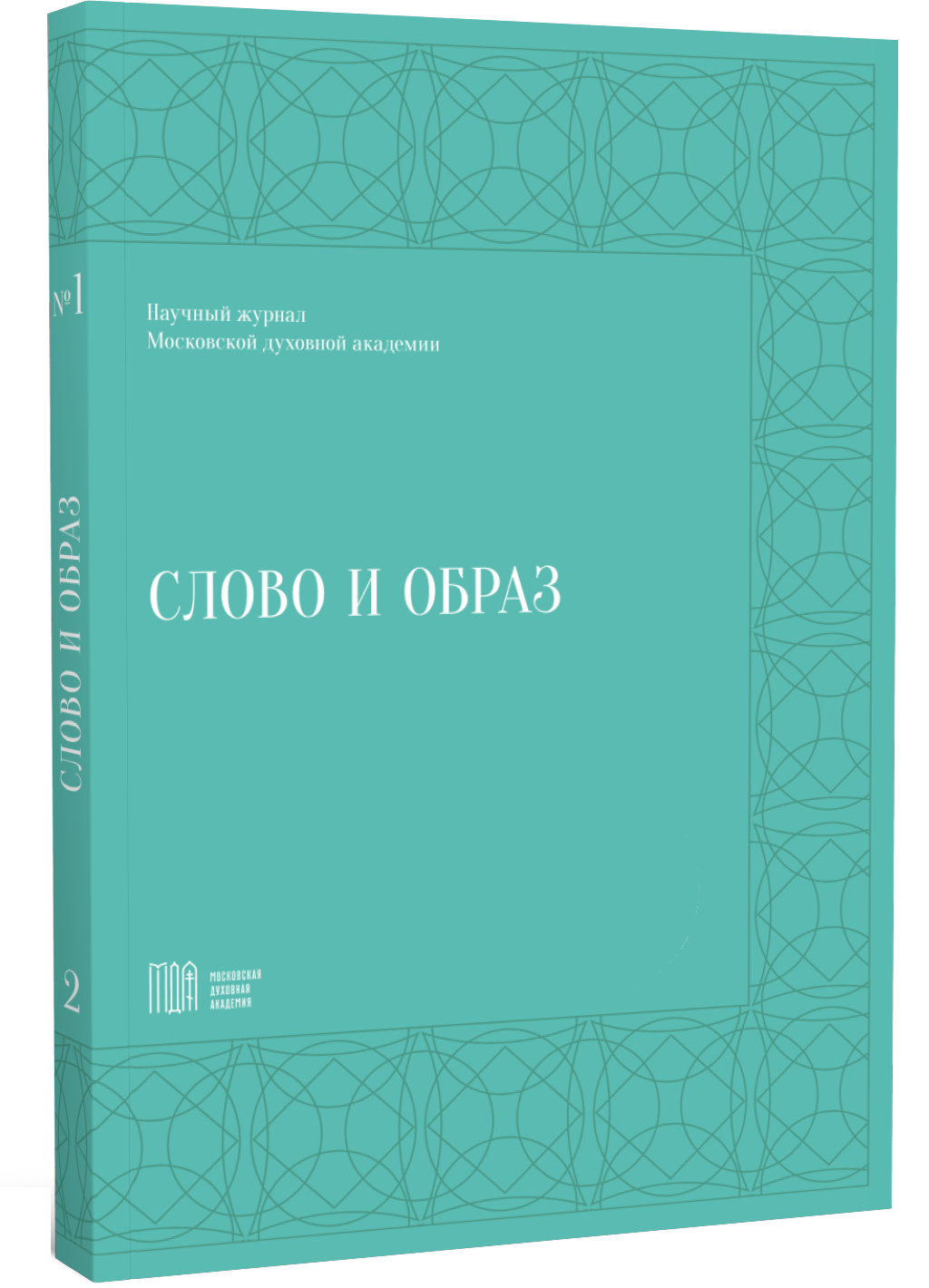The Gospel Сontext and its Сonnection with the Prince Myshkin in the Novel «The Idiot» by F. M. Dostoevsky
DOI:
https://doi.org/10.31802/WI.2022.6.1.006Keywords:
image of Myshkin, gospel context, characterological complex, christomorphism, meaning generation, monocentrism, ethical idealAbstract
The anthropocentrism of F. M. Dostoevsky’s artistic world, which is associated with the general religious and philosophical vector of his searches, occupies a special place in modern studies of the writer’s work. This article appeals to the evangelical orientations of Dostoevsky’s novel «The Idiot», analyzed through the prism of «whole in the form of a hero», which is given in the novel. The purpose of the work is to designate and describe the meaning- and form-shaping dominants embedded in the image of Prince Myshkin, determining the overall dynamics of the plot and compositional development of the work. This goal is achieved with the use of structural, intertextual and conceptual methods that coexist in research within the hermeneutic approach. Thus, the work attempts to analyze the meaning of the gospel context not only in the process of constituting the «positively beautiful» character of Myshkin, but also in shaping the structure of the novel «The Idiot», its semantic field as a whole. The saturation of the novel with gospel allusions, its structural correlation with the dynamics of the incarnation, the universal loss of God and the hope of the Resurrection that permeates the text are considered here in their direct connection with the author’s ethical and axiological attitudes towards the image of Prince Myshkin
Downloads
References
Библия: Новый Завет. Евангелие от Матфея. [Электронный ресурс]. URL: http://www.patriarchia.ru/bible/mf/ (дата обращения: 22.06.2022).
Достоевский Ф. М. Полное собрание сочинений: в 30 т. Т. 8: Идиот: Роман. Л.: Наука. Ленингр. отд-ние, 1973; Т. 9: Идиот; Вечный муж; Наброски 1867–1870. Рукописные ред. Л.: Наука. Ленингр. отд-ние, 1974.
Борисова В. В. Евангельский текст в русской литературе и Достоевский: итоги и перспективы изучения // Проблемы исторической поэтики. 2020. Т. 18. № 4. С. 186–208.
Головко В. М. Смыслопорождающая роль библейского текста в повести Л. Ф. Нелидовой «Полоса» // Проблемы исторической поэтики. 2021. Т. 19. № 1. С. 283–307.
Иустин (Попович). Философия и религия Ф. М. Достоевского. Минск: Изд. Д. В. Харченко, 2007.
Касаткина Т. А. Достоевский как философ и богослов: художественный способ высказывания. М.: Водолей, 2019.
Касаткина Т. А. «Я великая, великая грешница»: Богословие греха в «Преступлении и наказании» и «Идиоте» // Достоевский и мировая культура. Филологический журнал. 2020. № 1 (9). С. 16–30.
Кунильский А. Е. О христианском контексте в романе Ф. М. Достоевского «Идиот» // Проблемы исторической поэтики. 1998. №5. С. 391–408.
Леушина О. В. Христологический контекст творчества Ф. М. Достоевского в романе «Идиот» // Наука о человеке: гуманитарные исследования. 2016. №4 (26). С. 30–35.
Леушина О. В. Мотивика романа Ф. М. Достоевского «Идиот» // Филологические науки. Вопросы теории и практики. 2017. №7–2 (73). С. 30–32.
Сызранов С. В. Евангельский текст Достоевского в свете общих закономерностей формообразования // Проблемы исторической поэтики. 2014. Т. 12. С. 275–295.
Тихомиров Б. Н. «…Я занимаюсь этой тайной, ибо хочу быть человеком»: Статьи и эссе о Достоевском. СПб.: Серебряный век, 2012.
Vaškovic P. A path to authenticity: Kierkegaard and Dostoevsky on existential transformation // International journal for philosophy of religion. 2019. 87(1). P. 81–108.
Downloads
Published
How to Cite
Issue
Section
Categories
License

This work is licensed under a Creative Commons Attribution-ShareAlike 4.0 International License.





